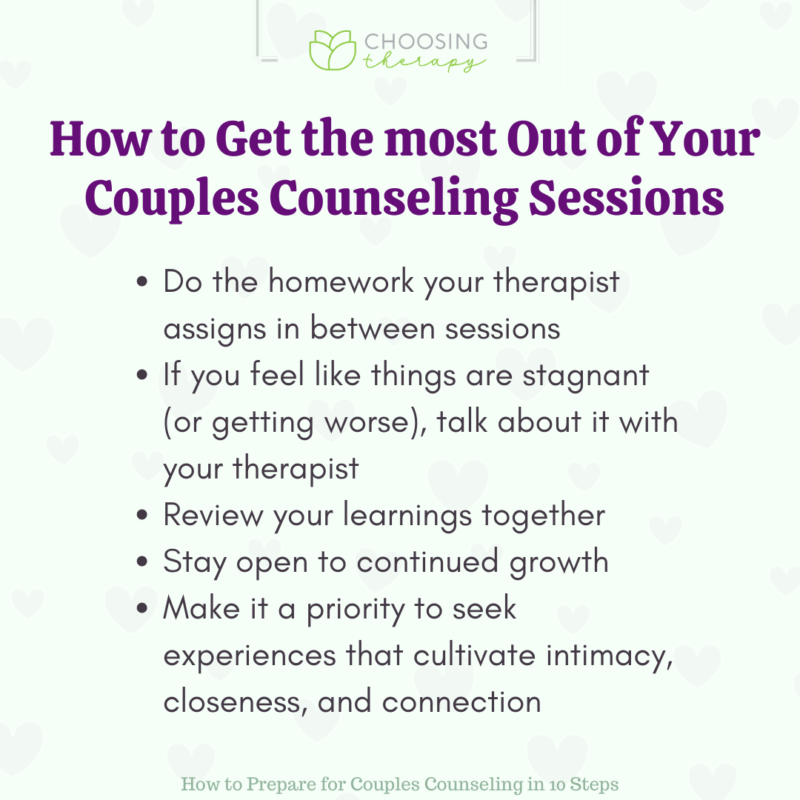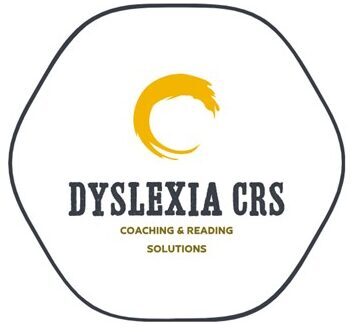 When couples decide to seek therapy, they’re often at a pivotal moment in their relationship. Choosing the right therapist isn’t just about finding someone with a title but about selecting a professional who truly understands the unique dynamics of couples and can provide meaningful guidance. With countless options available under “couples counselling near me,” how can you find the best fit? Here’s a detailed guide to help you make an informed choice for couples therapy, enhanced with insights you might not find elsewhere.
When couples decide to seek therapy, they’re often at a pivotal moment in their relationship. Choosing the right therapist isn’t just about finding someone with a title but about selecting a professional who truly understands the unique dynamics of couples and can provide meaningful guidance. With countless options available under “couples counselling near me,” how can you find the best fit? Here’s a detailed guide to help you make an informed choice for couples therapy, enhanced with insights you might not find elsewhere.
Define Your Relationship Goals for Therapy
The first and most essential step is defining what you and your partner want from therapy. Are you seeking to rebuild trust, enhance communication, or resolve specific conflicts? Identifying these goals upfront will help you select a therapist whose expertise aligns with your needs.
User Story: Many couples approach therapy without a clear vision. For example, Priya and Arun, married for ten years, initially sought therapy because of constant disagreements. After clarifying their goals, they realized they both wanted to improve communication and rekindle intimacy. This helped them find a therapist specializing in long-term relationship revitalization, which was pivotal in meeting their goals.
Setting goals also helps narrow down the type of therapy approach that may be effective. A couples therapist who focuses on rebuilding trust may use Emotionally Focused Therapy (EFT), while one specializing in conflict resolution might use the Gottman Method. Understanding these goals can make a big difference in achieving the desired outcome.
Explore Different Types of Couples Therapy Approaches
Each therapist employs different methods and frameworks. Some common approaches in couples therapy include:
* Emotionally Focused Therapy (EFT): Often used to strengthen emotional bonds, this approach is highly effective for couples facing trust issues and emotional disconnection.
* The Gottman Method: Based on 40 years of research, it focuses on enhancing communication and reducing conflict through practical strategies.
* Cognitive Behavioral Therapy (CBT): Helpful for couples dealing with negative thought patterns or behavioral issues, CBT aims to replace these with positive interactions and behaviors.
Example: A couple facing ongoing arguments may find CBT helpful, as it focuses on reshaping behaviors. In contrast, EFT is often better for those needing to rebuild emotional intimacy. By knowing these methods, you can ask potential therapists which approach they specialize in, allowing you to choose a style that resonates with you.
Key Qualities to Look for in a Therapist
Choosing a therapist isn’t just about credentials; it’s also about finding someone whose qualities and communication style make you feel comfortable.
Credentials and Experience in Couples Therapy
Look for licensed therapists specializing in couples therapy and possessing certifications in established methods like the Gottman Method or EFT. Therapists with focused training in couples therapy often bring a more nuanced understanding to complex relationship issues.
Personal Qualities
Empathy, neutrality, and excellent listening skills are non-negotiables. You and your partner should feel equally heard and understood, without any hint of bias from the therapist. As simple as this sounds, it’s a key factor in successful therapy. If one partner feels unheard, therapy may not achieve its full potential.
Success Story: In a case study, a couple with different cultural backgrounds found success with a therapist who displayed cultural sensitivity. Her inclusive approach helped the couple appreciate each other’s perspectives, which strengthened their relationship significantly.
Utilize the Initial Consultation Wisely
Most therapists offer a preliminary consultation session, which is your opportunity to gauge compatibility. During this session, ask questions that matter most to your journey, such as:
* “What experience do you have with couples facing similar issues?”
* “What’s your approach to handling conflict and high-stress situations?”
* “How do you measure success in therapy?”
These questions give insights into the therapist’s approach and experience. Note how the therapist responds. Are they attentive, non-judgmental, and proactive in answering? Do they make you feel comfortable enough to be honest? These are key indicators of a successful therapeutic relationship.
Research Insight: Studies show that rapport-building in initial sessions significantly affects therapy outcomes, as it establishes a foundation of trust. The American Psychological Association notes that the therapist’s ability to foster trust during early sessions correlates with higher client satisfaction.
Evaluate Practical Aspects and Costs
While finding an ideal therapist is essential, practicalities like cost, location, and availability also matter. Therapy can be an investment, so balancing budget and expertise is wise.
Assessing Cost and Value
Therapy fees vary, and it’s essential to understand the cost structure from the beginning. Some therapists may offer sliding scales based on income, which can help make therapy more accessible. While cost is a factor, remember that a well-suited therapist can be a valuable investment for long-term relationship health.
Location and Session Flexibility
For many couples, the convenience of location or the option for online sessions is crucial. Many therapists now offer remote sessions, which can be particularly beneficial for busy or long-distance couples. The key is to ensure that the therapist’s availability matches your lifestyle and schedule, allowing you to consistently attend and fully engage in sessions.
Red Flags to Watch Out For
Choosing a therapist can be challenging, but certain red flags may indicate it’s time to consider alternatives:
* One-Sided Bias: A good therapist maintains neutrality. If they consistently seem to favor one partner, it may hinder honest communication.
* Lack of Engagement: If your therapist doesn’t seem interested, cancels sessions frequently, or is inattentive, it’s likely time to explore other options.
* Over-reliance on Personal Beliefs: Professional therapists base their practices on established methods, not personal opinions. If a therapist appears to push their beliefs onto you, they may not be the right fit.
Example of a Red Flag: Ria and Sameer tried couples counselling and initially liked their therapist, but over time, they noticed she appeared to take Ria’s side in conflicts. This bias created resentment, and they eventually switched to a therapist with a more neutral stance, allowing for fair and productive discussions.
FAQs
1. What questions should I ask a potential couple’s therapist?
Essential questions include inquiries about their experience with similar issues, their preferred therapy approach, and how they define success. These questions help determine if their expertise aligns with your goals.
2. How do I know if a couple’s therapist is qualified?
Look for licensing and certifications in couples therapy methods, such as EFT or the Gottman Method. Experienced therapists often have client testimonials or case studies available for review.
3. What should I expect in the first session of couples therapy?
The initial session usually involves setting goals, discussing the therapist’s approach, and establishing trust. It’s a foundational meeting for both partners to express concerns openly.
4. What is the best therapy approach for couples with trust issues?
Emotionally Focused Therapy (EFT) is known for its effectiveness in rebuilding trust. It focuses on strengthening emotional bonds and improving communication.
5. Are online couples therapy (mouse click the up coming webpage) sessions as effective as in-person?
Yes, online sessions can be equally effective, particularly when convenience and flexibility encourage consistent attendance.
6. How long should we expect to be in couples therapy?
The duration varies by issue complexity. Many couples see progress within 8-12 sessions, though deeper issues may require more time. Discussing timelines with your therapist can help set realistic expectations.
Conclusion
Choosing the right couples therapist is a personal journey. By defining your goals, understanding different therapy styles, and considering practical factors, you can find a professional who aligns with your needs. The right therapist can make a transformative difference, helping you and your partner achieve the fulfilling, balanced relationship you’re striving for.
